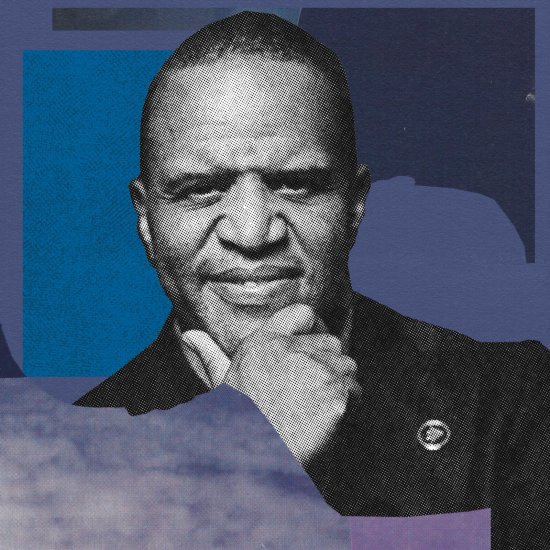
Growing up in Compton, Calif., Bryant was exposed to people who made a living by selling drugs, including a good family friend who was murdered in front of him. It wasn’t until an entrepreneur visited his classroom when he was 10 years old and talked about being a businessman—and giving out money for good ideas—that Bryant realized that having a legitimate hustle could change your life. “It was like a Martian showing up,” he says, about the entrepreneur, who handed out business cards and said he worked on the 16th floor of a building, a feat especially impressive to a kid growing up in a low-slung neighborhood. “I realized I could take this philosophy and spread it to poor people around the world and show them how to access capital and opportunity at scale,” he says.
[time-brightcove not-tgx=”true”]
In 1992, in the wake of the L.A. riots, Bryant founded Operation Hope, a nonprofit that provides financial literacy and economic empowerment at the community level. Today, it provides no-cost financial counseling and coaching in 300 offices serving more than 1,000 locations, and is the only nonprofit allowed by federal regulators inside bank branches, with much of its programming funded through the private sector. In 2020, it also launched an initiative alongside Shopify to provide Black entrepreneurs with the tools to build a business; the goal is to create one million Black businesses by 2030. “It could be that financial freedom is the only real freedom,” says Bryant, now 57. “Every other freedom can be taken away.”
Though Operation Hope has long helped low-income people who happen to be Black and brown, Bryant says such economic empowerment is essential for every American’s future, no matter their race and income level. That’s because the U.S. economy will increasingly depend on minorities for its workforce and consumer spending in the next 30 years as the white population stagnates. If you help increase Black economic activity, he says, you boost the economic future of the entire United States.
“This is the first time in history that, statistically, America cannot succeed without Black and brown people,” he says.